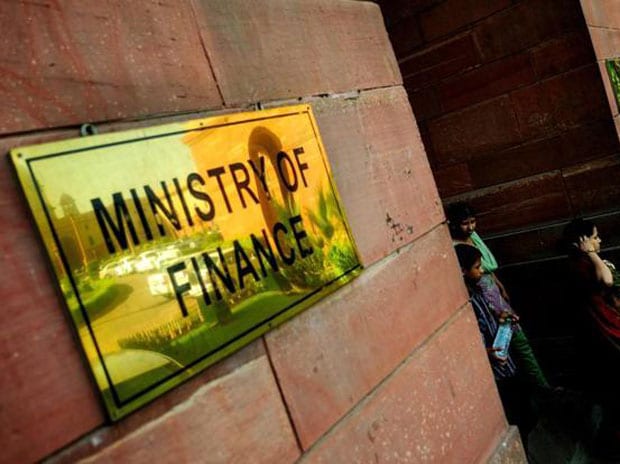The finance ministry has refused to disclose whether its boss Arun Jaitley was consulted before the announcement of demonetisation by Prime Minister Narendra Modi.
The Prime Minister’s Office (PMO) and the Reserve Bank of India (RBI) had earlier claimed the query does not come under the definition of ‘information’ under the Right to Information Act.
The definition of ‘information’ under the Act refers to “any material in any form” under the control of a public authority.
The response of the finance ministry to an RTI query filed by the Press Trust of India (PTI) acknowledges there are records pertaining to the question, but these cannot be disclosed under the Act.
The finance ministry has taken refuge under the exemption clause of section 8(1)(a) to deny the information.
It did not give any reasons as to how the information would attract the section.
The section allows withholding information “disclosure of which would prejudicially affect the sovereignty and integrity of India, the security, strategic, scientific or economic interests of the State, relation with foreign State or lead to incitement of an offense”.
According to procedure, a first appeal can be filed with the ministry concerned, is to be handled by a senior official. If unanswered, the matter escalates to the Central Information Commission, the top adjudicating body on the RTI Act.
The three key institutions, directly related to the move of demonetisation— PMO, RBI and finance ministry—have refused to disclose information about the sudden measure on different pretexts. The finance ministry is the latest respondent. The RTI Act has a specific provision which allows records attracting its exemption clauses to be disclosed “if public interest in disclosure outweighs the harm to the protected interests”. “The clause of public interest would apply where exemption clause applies on the information sought by an applicant. In the present case, the information sought does not attract any exemption clause,” former central information commissioner Shailesh Gandhi said.
He said the law was clear. When a public authority rejects to disclose information it must give clear reasons of how the exemption clause would apply in the given case.


